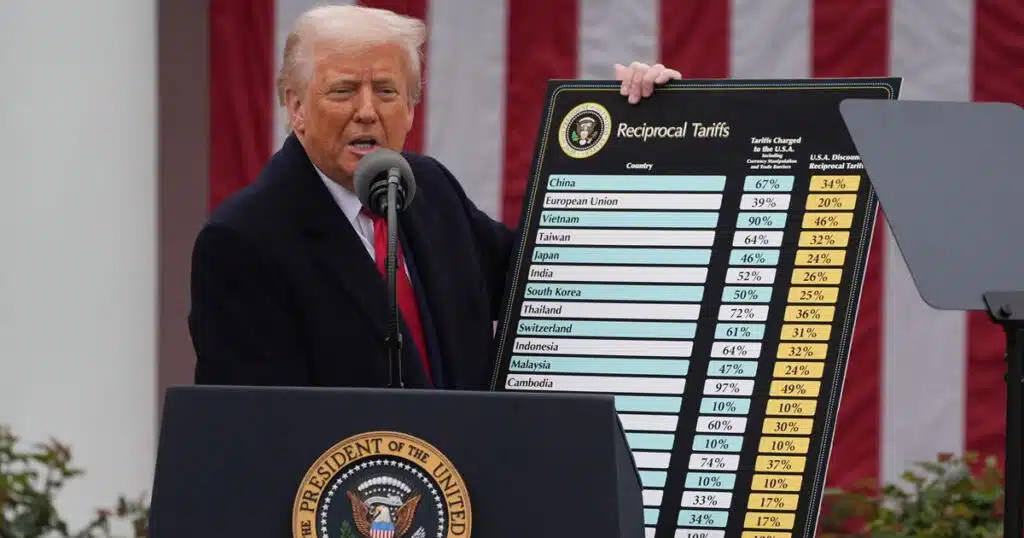
Bipartisanship is not the Answer
“There’s a stupid party and an evil party. Periodically, the two parties get together and do something that is both stupid and evil. This is called bipartisanship”. -Sam Francis
Unless you have lived under a rock, then you probably heard about the US Congress’s recent $1.7 trillion “omnibus” spending bill last month. This fiscal monstrosity will fund the bloated American federal government for the upcoming fiscal year.
Many Americans across the nation are rightfully upset about the price tag of this fiscally irresponsible bill. In fact, a hideous amount of “pork barrel” spending and giveaways to foreign nations exists in this spending package. However, the price tag is not the only issue at play in this situation.
A lesser-discussed angle of this situation is the fair amount of bipartisanship in both the House and Senate for this spending bill. Eighteen Senate Republicans and nine House Republicans voted in favor of the spending bill. The last time I remember this many Senate Republicans voting with Democrats was several months ago–when Congress decided to send $40 billion to the corrupt Ukrainian regime.
At this point, you have probably noticed a pattern. Whenever Republicans and Democrats agree on anything, the American people tend to lose.
For years, many people—from journalists to politicians—have complained about the intense polarization of American politics. In recent times, the 2016 and 2020 Presidential elections alone were two of the most contentious presidential elections in American history.
Understandably so, a nostalgia for a 1990s/early 2000s-style political bipartisanship can appear to be an enticing remedy for our nation’s ills. Back then, Republicans and Democrats debated topics such as education, tax policy, and entitlement reform. Those issues are fairly tame compared to the political issues of 2023.
Similarly, the Baby Boomer and Gen X generations still remember the substantial levels of national unity after the September 11th terrorist attacks. In the week following 9/11, then-President Bush had an approval rating of 90%. Yet, this high level of national unity and political bipartisanship did nothing to benefit to the American people.

Bipartisanship is not the solution we need in 2023. In fact, bipartisanship has done nothing except hurt the American people for the last 30 years.
On the other hand, President Trump—one of the most polarizing political figures in American history—solved seemingly impossible political issues in his Presidential administration.
Let’s look at three key political issues that led to President Trump’s unexpected 2016 Presidential election victory: trade, immigration, and the “Forever Wars”. All three of those issues were the result of Bipartisan legislation in the post-Cold War era. Both major parties in the 1990s /early 2000s supported lopsided trade deals, mass immigration from the Third World, and never-ending wars in the Middle East.
Heading into 2016, Democrats and Republicans both failed to solve the some of the key issues from the past twenty years. In just one Presidential term, President Trump broke through the neo-liberal political consensus of the 1990s and 2000s to bring prosperity and peace not seen for decades in the United States.
After many years of bipartisan blunders, we all need to stop pretending like bipartisanship will become the cure-all to solve all our country’s problems. The track record of bipartisan legislation is fairly poor, and the American people elected a billionaire businessman in 2016 to break through the bipartisan Washington political Establishment (a.k.a. “uni-party”).
Bipartisanship is not the solution to solving our nation’s deep moral, economic, and cultural decline. Only an “America First” vision based on nationalist economics, social conservatism, and traditional Christian morals offers a true remedy for America’s deep-rooted decay. So, let’s all spend more time on promoting the America First agenda instead of failed Bipartisan policies.



